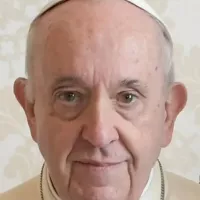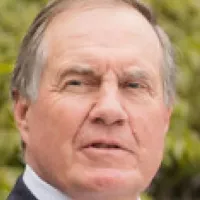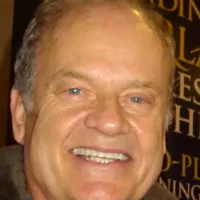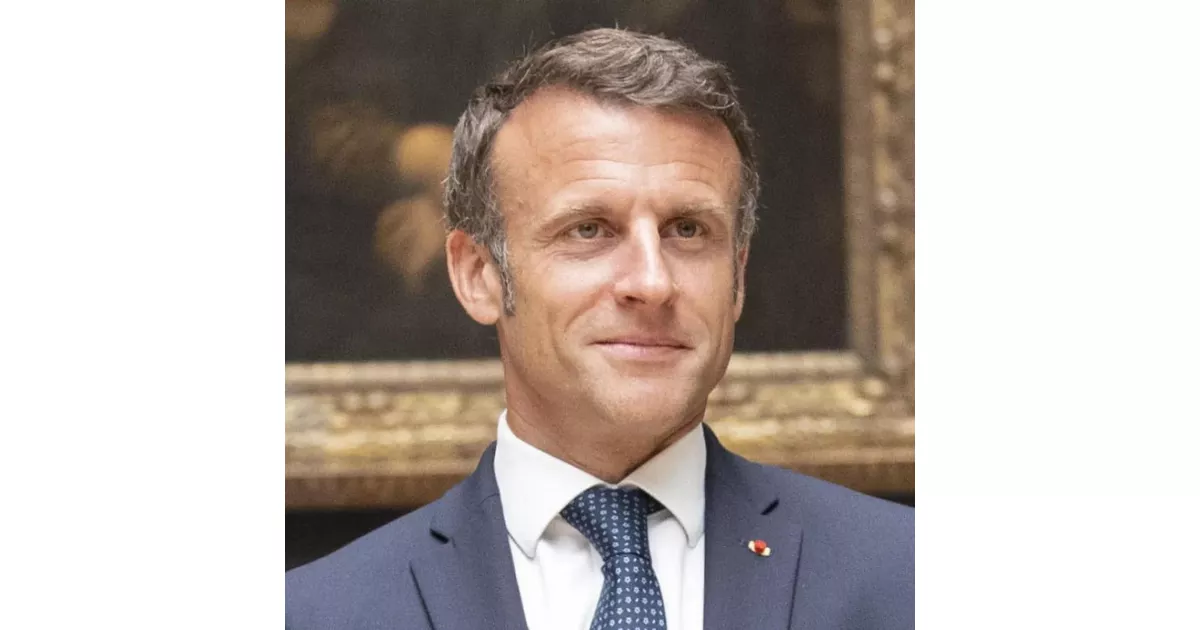A closer look at the defining struggles that shaped Emmanuel Macron's life and career.
Emmanuel Macron is the current President of France and Co-Prince of Andorra, assuming office in 2017. Prior to his presidency, he served as Minister of the Economy, Industry, and Digital Affairs from 2014 to 2016 under President François Hollande. In 2016, Macron founded the political party Renaissance, of which he is a member. His political career has marked him as a significant figure in contemporary French and European politics.
2007: Failed National Assembly Run
In 2007, Macron attempted to run for a seat in the National Assembly in Picardy under the Socialist Party label, but his application was declined.
2012: Proposal to increase work week
During the summer of 2012, Macron put forward a proposal that would increase the 35-hour work week to 37 hours until 2014. Hollande refused Macron's proposals.
2014: Proposal to increase work week
During the summer of 2012, Macron put forward a proposal that would increase the 35-hour work week to 37 hours until 2014. Hollande refused Macron's proposals.
April 2016: Macron founded En Marche
In April 2016, amid tensions with the current government, Emmanuel Macron founded En Marche, an independent political party, in Amiens. This social-liberal, progressive movement garnered significant media attention, leading to reprimands from President Hollande and questions about Macron's loyalty. While some MEPs supported the movement, most of the Socialist Party opposed En Marche.
August 2016: Macron Resigns from Government
On 30 August 2016, Macron resigned from the government ahead of the 2017 presidential election to devote himself to his En Marche movement. Tensions had been rising, and he had reportedly wanted to leave the Valls government since early 2015. Michel Sapin was announced as Macron's replacement. An IFOP poll showed that 84% of those surveyed agreed with his decision to resign.
October 2016: Macron Criticizes Hollande's Presidency
In October 2016, Macron criticized Hollande's goal of being a "normal" president, stating that France needed a more "Jupiterian presidency".
December 2016: Macron's Campaign Fundraising and Criticism
In December 2016, Macron's campaign announced it had raised 3.7 million euros in donations. However, Macron faced criticism regarding his donors and alleged conflicts of interest due to his time at Rothschilds. He was also accused of using funds for dinners and meetings with media and popular culture figures while at Bercy, allegations he dismissed as defamatory.
March 2017: Cybersecurity Firm Report on Phishing Attacks
In March 2017, Macron's campaign received a report from Trend Micro, a Japanese cyber security firm, detailing how En Marche had been targeted by phishing attacks. Trend Micro attributed these attacks to the Russian hacking group Fancy Bear.
March 2017: Accusations of Russian Interference in Macron's Campaign
In March 2017, Macron's digital campaign manager, Mounir Mahjoubi, stated that Russia was behind "high level attacks" on Macron, accusing RT (formerly known as Russia Today) and Sputnik News of spreading false information about the candidate.
July 2017: WikiLeaks Release of Macron's Campaign Emails
In July 2017, WikiLeaks released 21,075 verified emails and another 50,773 unverified emails from Macron's campaign. This followed Le Pen's accusations of tax avoidance.
July 2017: National Assembly Passes Part of Macron's Law to Stop Mass Corruption
In July 2017, in response to Penelopegate, the National Assembly passed a part of Macron's proposed law to stop mass corruption in French politics by banning elected representatives from hiring family members.
July 2017: Senate Approves Anti-Terror Laws Bill
In July 2017, the Senate approved its first reading of a controversial bill with stricter anti-terror laws, a campaign pledge of Macron.
July 2017: Resignation of Pierre de Villiers
On 19 July 2017, Pierre de Villiers, then-Chief of the General Staff of the Armies, stepped down following a confrontation with Macron. De Villiers cited the military budget cut of €850 million as the main reason for his resignation. Macron named François Lecointre as De Villiers' replacement.
2018: Yellow Vests Protests
From 2018 to 2020, Macron faced increasing protests against his reforms, culminating in the yellow vests protests and the pension reform strike.
2020: France's Response to COVID-19 Pandemic
From 2020, Macron led France's response to the COVID-19 pandemic and subsequent recession.
2023: Pension Reform Strikes and Protests
In 2023, legislation raising the retirement age from 62 to 64 led to public sector strikes and violent protests.
September 2025: Appointment of Sébastien Lecornu as Prime Minister
In September 2025, Macron appointed Sébastien Lecornu as Prime Minister after Bayrou was brought down by a confidence vote. Lecornu resigned less than a month later following political backlash over the composition of his government, but was reappointed by Macron shortly afterwards.
Mentioned in this timeline

Donald John Trump is an American politician media personality and...

Vladimir Vladimirovich Putin is a Russian politician and former intelligence...

Pope Francis served as the head of the Catholic Church...
Ukraine is a large country in Eastern Europe second in...

Elizabeth II reigned as Queen of the United Kingdom and...

Uber Technologies Inc is a multinational transportation company headquartered in...
Trending
5 months ago Liberty University Announces Track & Field Tryouts and Softball Academic Honors

1 month ago Analyst Predicts Apple Deal, Intel Stock Rises, but Impact Questioned.

2 months ago Texas Schools Ordered to Remove Ten Commandment Posters After Judge's Ruling

Martin Luther King Jr was a pivotal leader in the American civil rights movement from until his assassination in As...

6 months ago Jim Kelly Football Camp Begins at Highmark Stadium, Offering Unique Bills Experience.

2 months ago Belichick Eyes Wake Forest Amidst Giants Job Rumors: McDaniels Also in the Mix?
Popular

Stranger Things created by the Duffer Brothers is a popular...

XXXTentacion born Jahseh Dwayne Ricardo Onfroy was a controversial yet...

Kelsey Grammer is an accomplished American actor producer and singer...

Candace Owens is an American conservative political commentator and author...

Melania Trump a Slovenian-American former model has served as First...

Bernie Sanders is a prominent American politician currently serving as...
